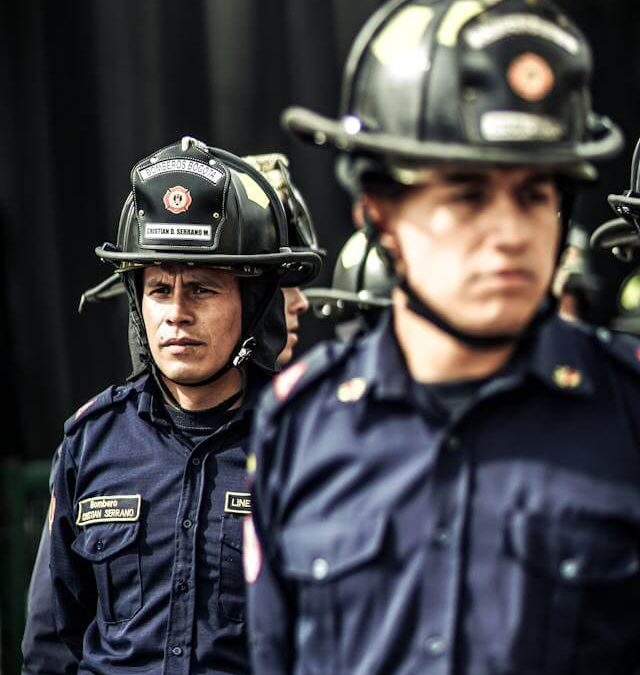Uniforms hold a profound significance in various spheres of human activity, ranging from the military to healthcare, hospitality, and beyond. They are more than mere attire; uniforms symbolize unity, identity, and professionalism, playing a crucial role in shaping organizational culture and fostering a sense of belonging among individuals. From schools to corporations, the importance of uniforms transcends aesthetics, serving as a tangible expression of collective purpose and shared values.
One of the primary functions of uniforms is to promote unity and cohesion within groups or organizations. By standardizing attire, uniforms eliminate visual disparities among individuals, emphasizing equality and teamwork. Whether on the battlefield or in a corporate boardroom, uniforms create a sense of belonging and solidarity, fostering camaraderie and mutual respect among team members. This unity is particularly evident in professions such as the military and emergency services, where uniforms serve as a unifying force amidst adversity, instilling a sense of pride and duty in those who wear them.
Moreover, uniforms play a pivotal role in establishing and reinforcing organizational identity. They serve as a visual representation of an institution’s ethos, values, and heritage, communicating a distinct identity to both internal members and external observers. For instance, in the realm of education, school uniforms not only promote discipline and equality but also cultivate a sense of community and school spirit. Similarly, uniforms in corporate settings reflect the company’s brand image and professional standards, projecting a unified and cohesive identity to clients, customers, and stakeholders.
Beyond promoting unity and identity, uniforms contribute to professionalism and credibility in various professions. In sectors such as healthcare and hospitality, uniforms convey expertise, authority, and trustworthiness, enhancing the confidence of clients and patients. The sight of a nurse or doctor in scrubs evokes a sense of reassurance and competence, while the attire of hotel staff exudes professionalism and service excellence. In this context, uniforms serve as a visual reassurance of competence and reliability, instilling confidence in the minds of those served.
Furthermore, uniforms can have practical benefits beyond their symbolic significance. In industries where safety and security are paramount, such as construction, manufacturing, and law enforcement, specialized uniforms offer protection against occupational hazards and facilitate the identification of personnel in emergency situations. High-visibility clothing, protective gear, and standardized uniforms not only enhance safety protocols but also streamline operations and coordination, ensuring efficient response and management of crises.
Despite their numerous benefits, the implementation of uniform policies can sometimes be a subject of debate. Critics argue that uniforms stifle individuality and self-expression, imposing conformity at the expense of personal freedom. However, proponents contend that uniforms promote inclusivity and reduce socio-economic disparities, as they eliminate the pressure to adhere to costly fashion trends and alleviate concerns about dressing inadequately.
In conclusion, uniforms hold a multifaceted significance in modern society, serving as more than just garments but as symbols of unity, identity, and professionalism. Whether in the military, healthcare, education, or corporate world, uniforms play a vital role in fostering cohesion, projecting organizational identity, and enhancing credibility. While debates about their merits continue, the enduring importance of uniforms in shaping organizational culture and fostering a sense of belonging cannot be understated.
For more information on how https://www.allcompanyuniforms.com can help you with The Significance of Uniforms, please contact us at today info@allcompanyuniforms.com.





